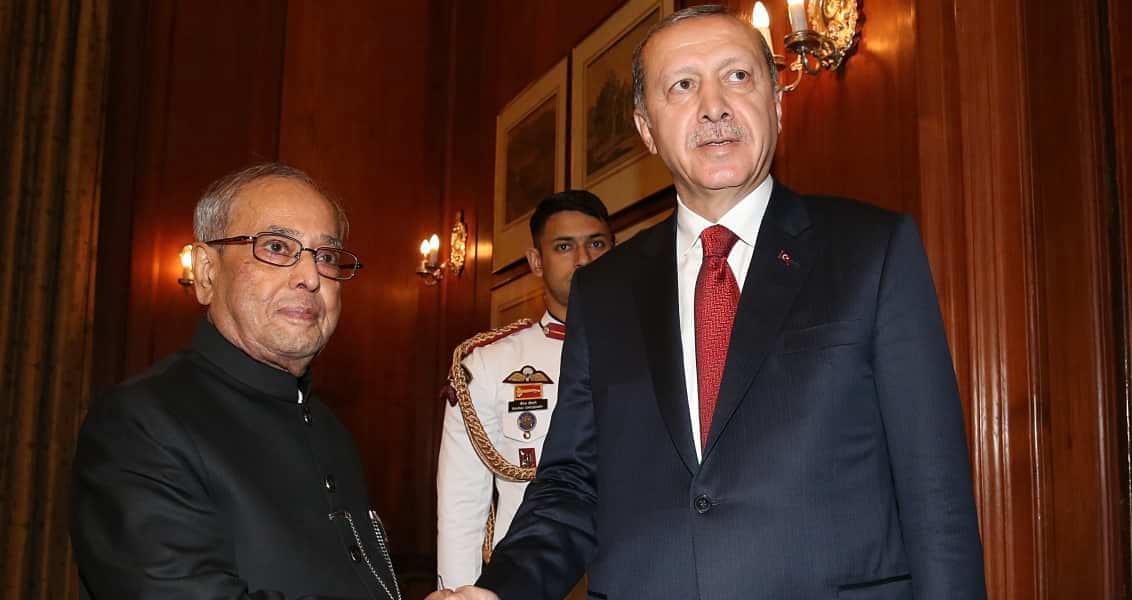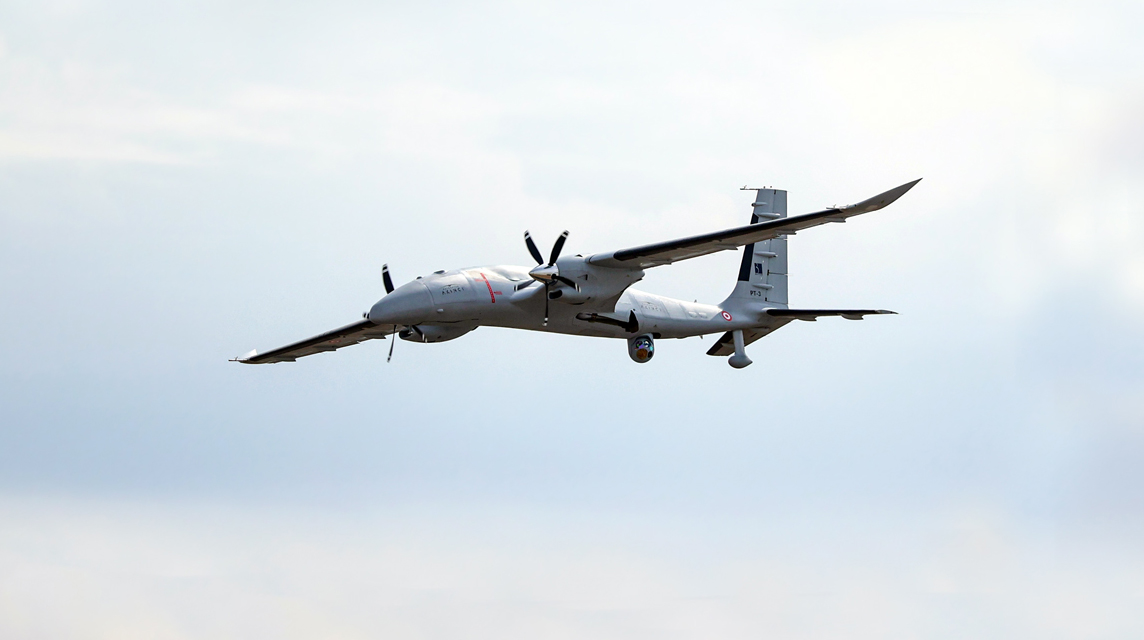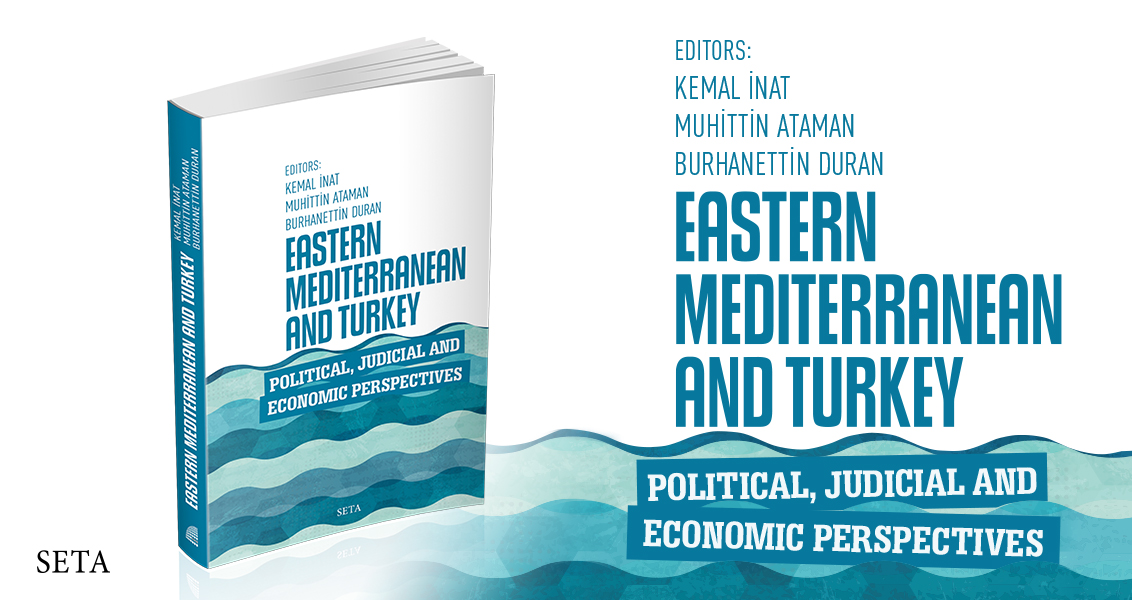
Turkey and India: Tale of Two Rising Powers
The two emerging powers, Turkey and India, will take concrete steps to improve their economic and political coperation in the meetings
Share
Having secured an electoral win in the critical constitutional amendment referendum for a presidential system, President Recep Tayyip Erdoğan is heading to India this weekend for an official visit. Erdoğan's trip to New Delhi constitutes the first part of a series of visits in May with comprehensive delegations of established and emerging powers in the global system. Following India, the president's schedule includes the Silk Road Summit in Beijing in the context of China's "One Belt, One Road Initiative," and his first official visit to Washington during the term of President Donald Trump for a face-to-face meeting. This itinerary is indicative of Turkey's rejuvenated attention to international politics as an emerging power following a long interlude dominated by the nitty-gritty of the referendum campaign's domestic politics.
Erdoğan's visit to India at this juncture is particularly critical as both Turkey and India represent emerging powers with a strong determination for industrial-technological modernization and socioeconomic development. However, the depth and scope of bilateral relations and trade so far have been far from satisfactory. Following many years of economic stagnation, India embarked on a process of economic opening and rapid growth over the course of the last two decades in a manner reminiscent of its neighbor China. As such, at a time when the industrialized Western economies were suffering from a weak global demand and stagnant growth after the global financial crisis, during which even China began to lose its growth momentum, India's economic performance has been eye catching. With a gross domestic product (GDP) growth of 7.6 percent in 2016, the highest in the G20, and a massive population around 1.3 billion, India carries the promise of becoming the next growth engine of the world's economy, potentially taking over China's spot. As Prime Minister Narendra Modi tries to stimulate economic growth on the basis of manufacturing and production through initiatives such as "Make in India," the country's influence in the global economy keeps increasing, in both the rising sectors of the knowledge economy, such as software, biotechnology and pharmaceuticals and in the traditional sectors of industry, such as steel, car production, textiles and white goods. Following the global power indexes formed through weighted averages of shares in the global GDP, world trade and capital flows, India seems to be poised to become the third most economically powerful country in the world in the medium term, following the U.S. and China. Therefore, as far as Turkey's long-term strategic objectives in the global political economy are concerned, improving bilateral relations with New Delhi carries great significance in light of the major potential represented by the Indian economy as a massive consumer market and destination for direct investments.
Turkey is currently striving to diversify its international trade profile heavily dominated by the European Union and, as a rapidly growing consumer market with a 300 million middle class citizens, India carries massive potential. Currently, India is Turkey's second-largest trade partner in the Asia Pacific following China, but the trade figures show a constant deficit against Turkey that needs to be ameliorated. In 2016, Turkish exports to India were about $5.7 billion, mostly focused on primary products such as unprocessed gold, silver and metal ores. Therefore, great potential exists to increase Turkey's manufacturing exports, as well as promoting joint investments with Indian companies in the fields of construction and services. Currently, there are only 13 registered Turkish companies operating in the Indian market, however, this number could easily reach the hundreds given the Indian government's tendency to open up the economy for international investors. The total figure of Turkish foreign direct investment (FDI) in India was around $210 million, which placed Turkey in a disappointing 41st position among the countries that have investments in India. Therefore, there is substantial scope for increasing the direct investment capacity through careful and forward-thinking market research. Indian industrial conglomerates, such as Arcelor, TATA Motors, Mohindra and Polyplex, are active in Turkey, along with 250 registered companies. Turkish conglomerates would also benefit from potential investment opportunities in the booming Indian market.
As Erdoğan heads into New Delhi on Sunday with a substantial delegation from the Turkish business community, economic issues will certainly dominate the discussion's agenda. But as two emerging powers that demand structural transformation in the governance mechanisms and norms of the international system, Turkey and India carry great potential to form a long-term political partnership as well.
[Daily Sabah, April 28, 2017]
Tags »
Related Articles
Policy Report
European Sky Shield Initiative | Capacities, Criticisms, and Türkiye’s Contribution
February 2025







